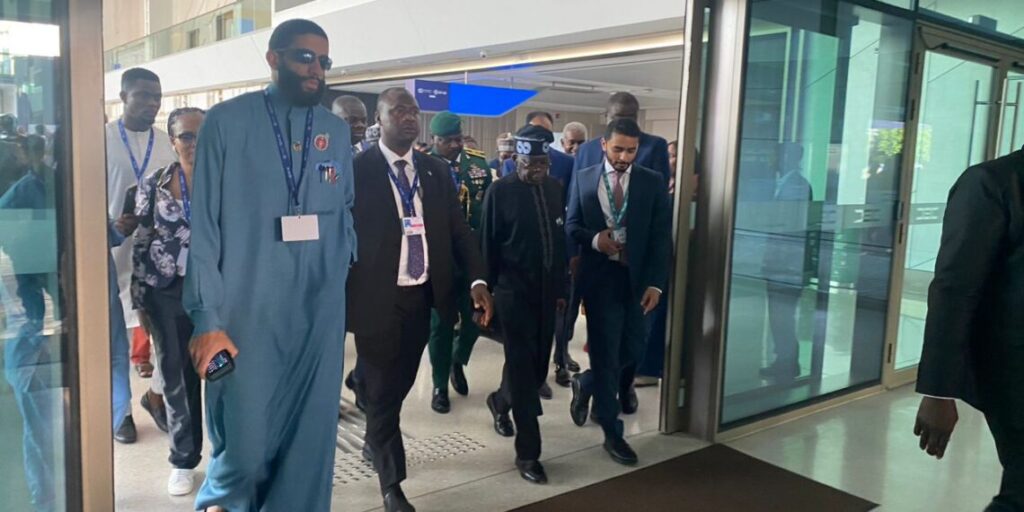
Despite being one of the poorest countries in the world, Nigeria had a significant number of delegates at the 28th Session of the Conference of the Parties (COP28) to the United Nations Framework Convention on Climate Change (UNFCCC).
The country was represented by a delegation of 1,411 registered delegates, making it the highest African representation and the third-largest global delegation after China and Brazil.
The delegation was spearheaded by Bola Tinubu, who used the platform to highlight Nigeria’s stance on various thematic issues, including renewable energy and climate financing. He underscored the severe impact of climate change on Nigeria, such as desertification, flooding, erosion, drought, and national security risks.
Tinubu advocated for increased financial and technical support from developed nations. He also reminded them of their public pledge to provide $100 billion annually to support localized initiatives to address climate change-related challenges.
READ MORE: How Nigeria, the world’s 165th GDP per capita packed the 3rd highest delegates to Dubai COP28
The country’s delegation actively sought to establish new and deeper bilateral partnerships to implement Nigeria’s Energy Transition, Article 6 Projects, Internationally Transferred Mitigation Outcomes (ITMOs), Technology Transfer, Capacity Building, and Methane Mitigation.
However, the composition of the delegation has sparked reactions from Nigerians. Notable figures like Toke Makinwa and Seyi Tinubu were part of the delegation, leading to concerns about unnecessary spending considering the nation’s economy. Critics argue that these figures are unrelated to the conference’s focus, and their inclusion in the delegation is an excess that the country cannot afford.
Despite these criticisms, the delegation, which also included a group of Nigerian civil society groups, actively participated in the conference. The COP28, held in Dubai, United Arab Emirates (UAE), ran from Thursday, November 30, to Tuesday, December 12, 2023.


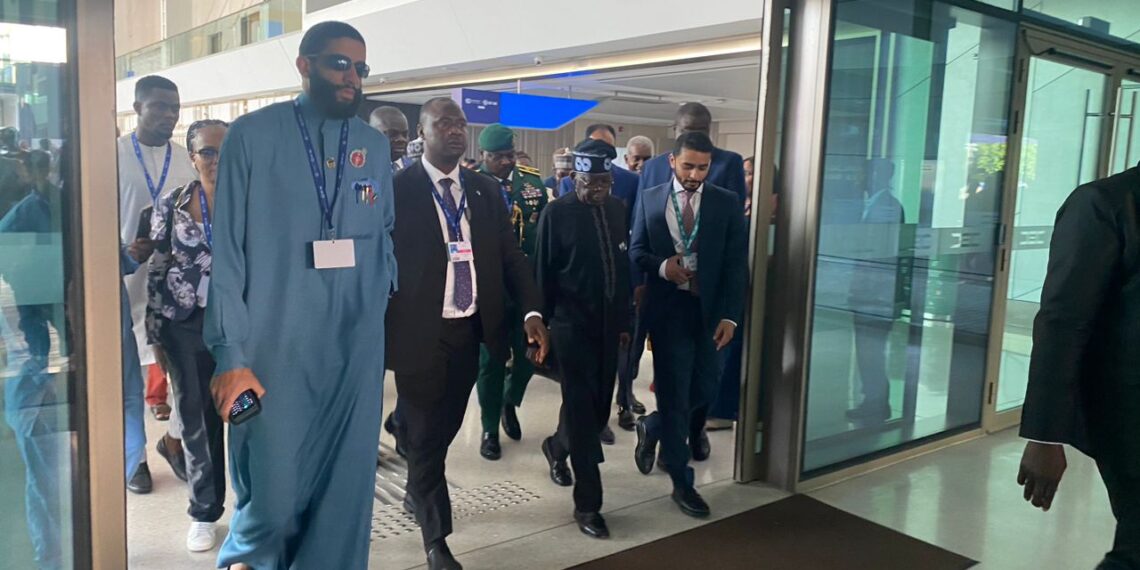
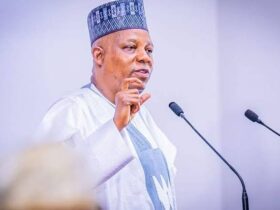
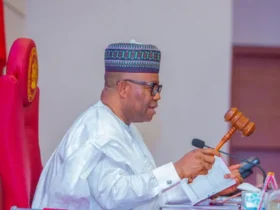
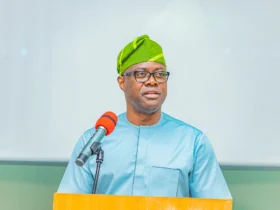
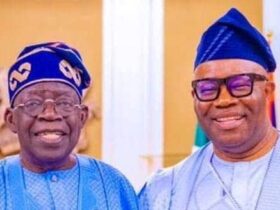

Leave a Reply